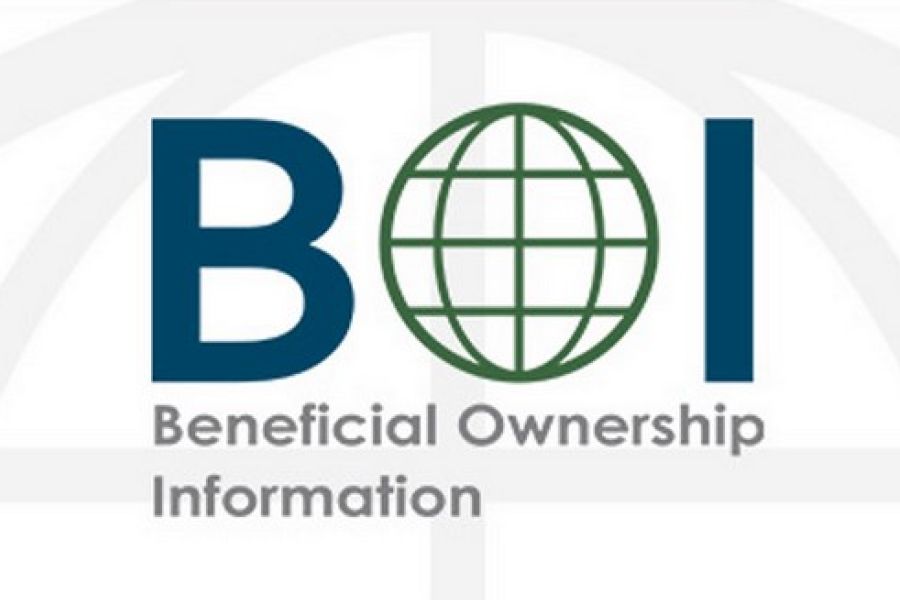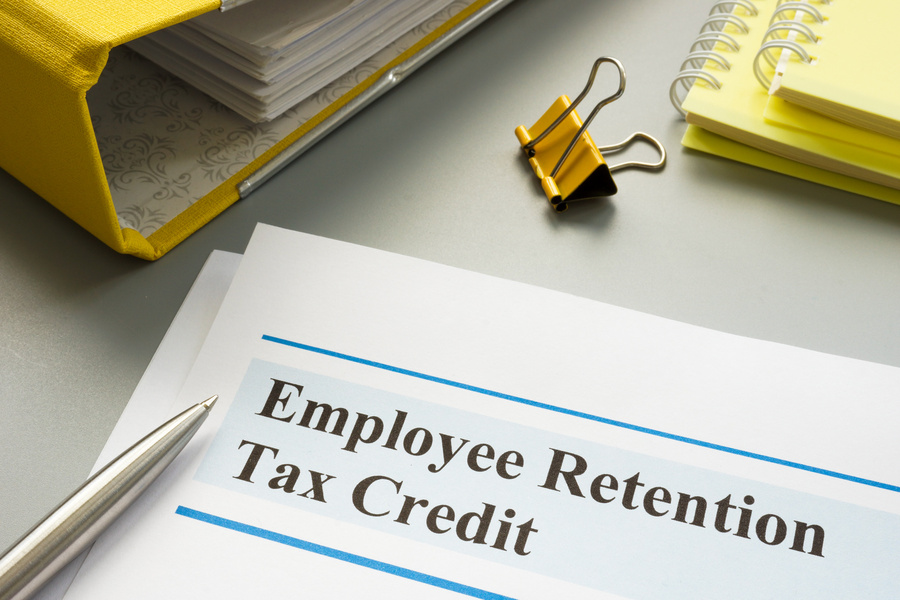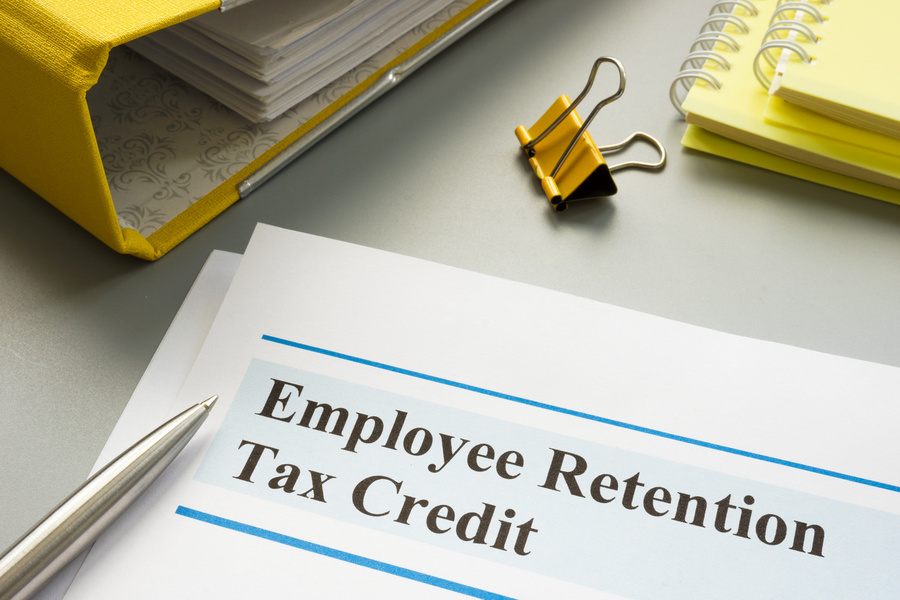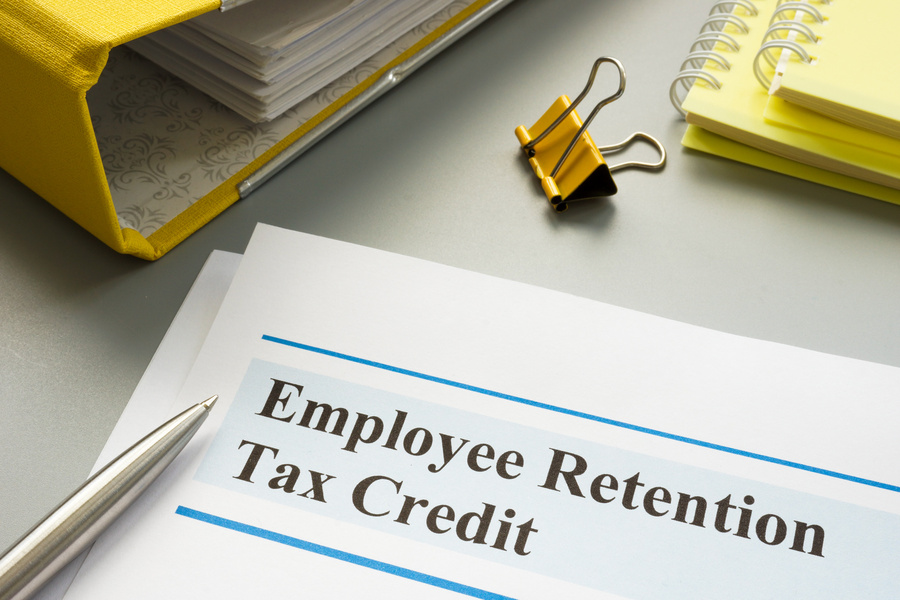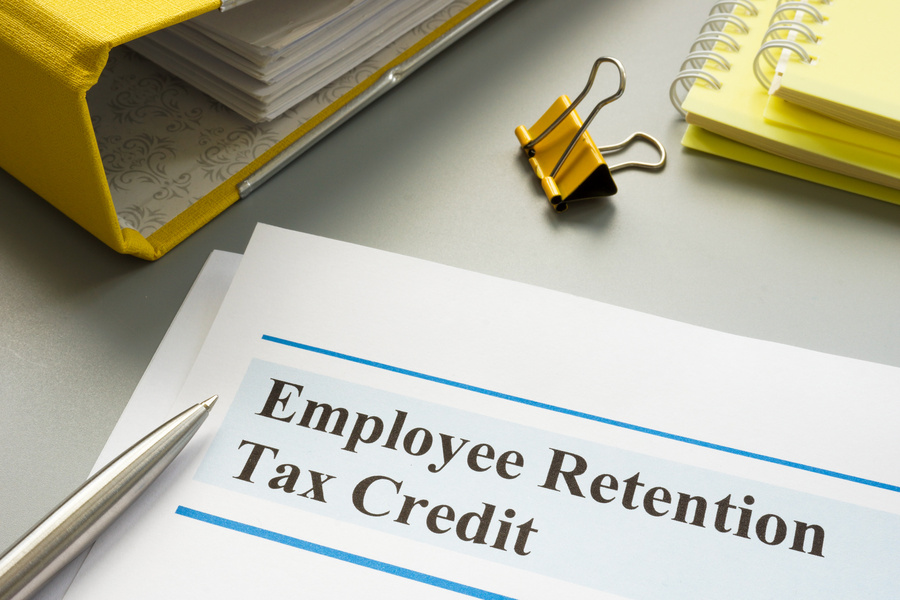Starting in 2024 newly formed, corporations, limited liability companies (LLCs), limited partnerships, and other entities that file formation papers with a state’s Secretary of State’s office (or similar government agency) must file a report with the U.S. Treasury Department’s Financial Crimes Enforcement Network (FinCEN) providing specified information regarding the entity’s “beneficial owners” (the so-called BOI reporting requirement under the Corporate Transparency Act). Entities in existence prior to January 1, 2024, have until January 1, 2025, to file these reports. Penalties are steep This is part of the federal government’s anti-money laundering and anti-tax evasion efforts and is an attempt to look beyond shell companies that are set up to hide money. Unfortunately, this will impose burdensome reporting requirements on most businesses, and the willful failure to report...

The IRS just put up a new webpage and released FAQs having to do with the recently announced Employee Retention Tax Credit (ERTC) Voluntary Disclosure Program. ERTC Voluntary Disclosure Program On December 21, 2023, the IRS announced a new Voluntary Disclosure Program for businesses who claimed the ERC erroneously. The program is part of the IRS' continuing efforts to combat questionable ERTC claims. This special disclosure program affords taxpayers the ability to repay only 80% of the claim received. The program runs through March 22, 2024. New webpage: The new webpage provides information on the advantages of participating in the program, who can apply, how to apply, as well as next steps. FAQs: The FAQs provide detailed information on eligibility, the program process, calculating and paying the amount...
As reported via IR-2023-247 on 12/21/2023 As part of an ongoing initiative aimed at combating dubious Employee Retention Tax Credit (ERTC) claims, the Internal Revenue Service launched a new Voluntary Disclosure Program to help businesses who want to pay back the money they received after filing ERTC claims in error. The new disclosure program, which has been in the works for several months, is part of a larger effort at the IRS to stop aggressive marketing around ERTC that misled some employers into filing claims. The special disclosure program runs through March 22, 2024, and the IRS added provisions allowing repayment of 80% of the claim received. The IRS also continues to urge employers with pending ERTC claims to consider a separate withdrawal program that allows them to...
As reported via IR-2023-230 on 12/6/2023 As part of continuing efforts to combat dubious Employee Retention Tax Credit (ERTC) claims, the Internal Revenue Service is sending an initial round of more than 20,000 letters to taxpayers notifying them of disallowed ERTC claims. IRS is disallowing claims to entities that: did not exist, or did not have paid employees during the period of eligibility to prevent improper ERTC payments from being made to ineligible entities. The letters are being sent as the IRS continues increased scrutiny of ERTC claims in response to misleading marketing campaigns that have targeted small businesses and other organizations. The IRS mailing is the latest in an expanded compliance effort that includes a special withdrawal program for those with pending claims who realize they...
It’s common for business valuation professionals to disagree about the valuation of a private interest — even when both are objective and apply sound valuation techniques. But sometimes opposing experts hired in a case are worlds apart in their opinions. How do you bridge the gap? A rebuttal expert can help. Resolving disputes Rebuttal reports can be useful in a variety of situations. For example, suppose two owners dispute the value of their auto dealership. The owner hoping to dissolve her interest hires an expert who values the business at $10 million. The other owner’s expert estimates that the company is worth $8 million. Neither side will split the $2 million difference. So, they jointly hire a third expert to compare and contrast the two valuations. After sorting...
The optional standard mileage rate used to calculate the deductible cost of operating an automobile for business will be going up by 1.5 cents per mile in 2024. The IRS recently announced that the cents-per-mile rate for the business use of a car, van, pickup or panel truck will be 67 cents (up from 65.5 cents for 2023). The increased tax deduction partly reflects the price of gasoline, which is about the same as it was a year ago. On December 21, 2023, the national average price of a gallon of regular gas was $3.12, compared with $3.10 a year earlier, according to AAA Gas Prices. Standard rate vs. tracking expenses Businesses can generally deduct the actual expenses attributable to business use of vehicles. These include gas, tires, oil, repairs, insurance,...
California AB 2280 established a new Unclaimed Property Voluntary Compliance Program that waives interest for taxpayers who voluntarily come into compliance with unclaimed property reporting requirements. The State Controller’s Office (SCO) has now opened the sign up process for businesses to apply for the program. Unclaimed Property Reporting Explained California businesses holding property belonging to others must file with the SCO to report unclaimed financial assets held by the entity for longer than the dormancy period applicable to the property in question (see “Unclaimed Property Explained” below). Failure to comply without reasonable cause Businesses that fail to comply with the unclaimed property reporting requirements, and do not have reasonable cause, are subject to interest assessed at the rate of 12% on the value of the unclaimed property. There exists...
As posted to the AutoLine Network YouTube Channel on 9/11/2023 (Run Time 10 min, 13 sec) AutoLine's John McElroy interviews Caresoft's Han Ly at the International Motor/Mobility Show in Munich. Caresoft, a company that specializes in vehicle teardowns and benchmarking, provides insights into how Tesla designs its cars for modular assembly, notably how it eliminates fasteners and complexity. (This is Blog Post #1482) John McElroy has been called an influential thought leader in the automotive industry. He created “Autoline Daily,” the first industry webcast of industry news and analysis. He also hosts the Emmy Award-winning television program “Autoline This Week” and co-hosts “Autoline After Hours”, all of which can be found at www.autoline.tv....
As reported via IR-2023-193 on 10/19/2023 Special initiative aimed at helping businesses concerned about an ineligible claim amid aggressive marketing, scams As part of a larger effort to protect small businesses and organizations from scams, the Internal Revenue Service announced the details of a special withdrawal process to help those who filed an Employee Retention Tax Credit (ERTC) claim and are concerned about its accuracy. This new withdrawal option allows certain employers that filed an ERTC claim but have not yet received a refund to withdraw their submission and avoid future repayment, interest and penalties. Employers that submitted an ERTC claim that's still being processed can withdraw their claim and avoid the possibility of getting a refund for which they're ineligible. The IRS created the withdrawal option to help...
Surveillance is common in many workplaces, yet companies monitoring employee activities may keep the practice under wraps. This may be a mistake, because when workers know they’re being watched, they’re generally less likely to be dishonest. For example, several surveys have shown that clearly visible security cameras discourage employees from stealing inventory. The challenge is to disclose enough information, without revealing too much. Frequently used controls and policies Honesty and trust are essential to a healthy, productive workplace. So you need employees to know you’re taking actions to prevent fraud. On the other hand, you don’t want to provide so many details about anti-fraud controls that thieves can work around them. Following are a few frequently employed anti-fraud policies and how you might communicate them to workers: Surprise audits....


